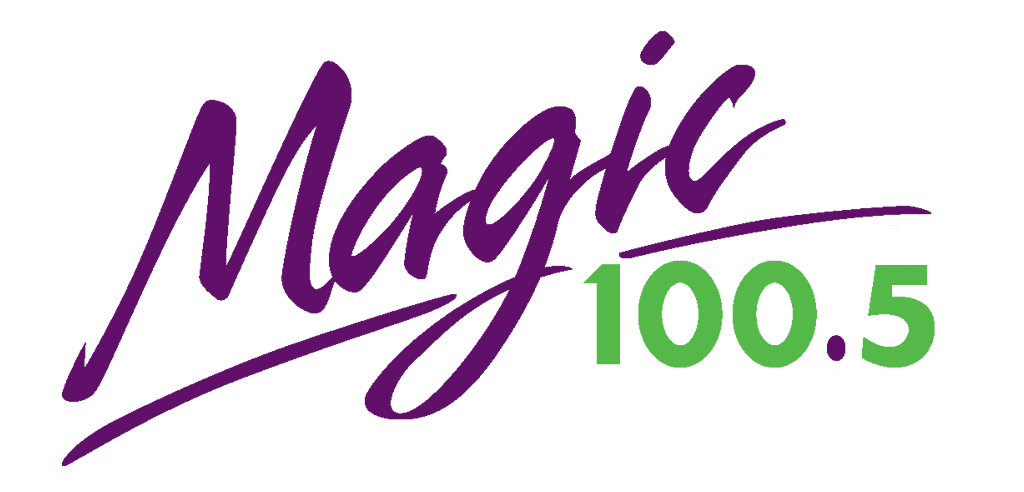Millions of dollars in federal funding will be used in Maryland and West Virginia to battle the opioid epidemic. Congressman David Trone (MD-06) hailed the announcement from the U.S. Department of Health and Human Services that states would receive more than $1.8 billion in federal funding which includes $33.2 million in funding for Maryland from State Opioid Rto esponse (SOR) grants. In May, Trone introduced the State Opioid Response Grant Authorization Act, which would authorize for five years the State Opioid Response (SOR) Grants and Tribal Opioid Response (TOR) Grants. This bill would guarantee long-term funding for states to combat the opioid crisis. These important programs provide funding to states to reduce overdose related deaths through prevention, treatment, and recovery efforts.
U.S. Senator Joe Manchin (D-WV) announced $35 million in new funding to fight the opioid epidemic from the U.S. Department of Health and Human Services. Over the last two years, West Virginia has received $70 million in State Opioid Response grants to fight the opioid epidemic as a direct result of Senator Manchin’s work on the Senate Appropriations Committee that will ensure West Virginia receives its fair share of federal funding to fight the opioid epidemic.
According to the office of U .S. Senator Shelley Moore Capito (R-W.Va.), a member of the Senate Appropriations Committee the first grant for $28,027,511 was awarded through the Substance Abuse and Mental Health Services Administration (SAMHSA) as part of its State Opioid Response grants. Because of language Senator Capito authored to prioritize states hit hardest by the opioid epidemic, West Virginia is eligible for a larger portion of funding than the state would have been eligible for had she not secured that language. This funding is a direct result of this language. In March, Senator Capito announced the first round of funds for this program, which amounted to $14,630,361.
The second grant for $7,357,388 was awarded by the Centers for Disease Control and Prevention (CDC) as part of a three-year cooperative agreement known as the Overdose Data to Action (OD2A). The purpose of the program is to advance the understanding of the opioid epidemic and improve prevention and response efforts.


